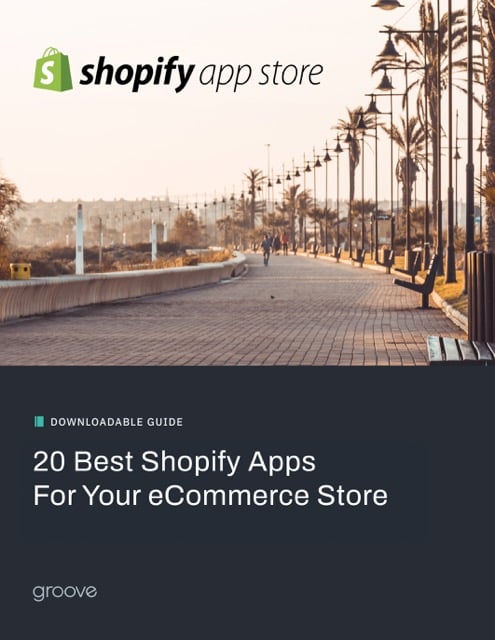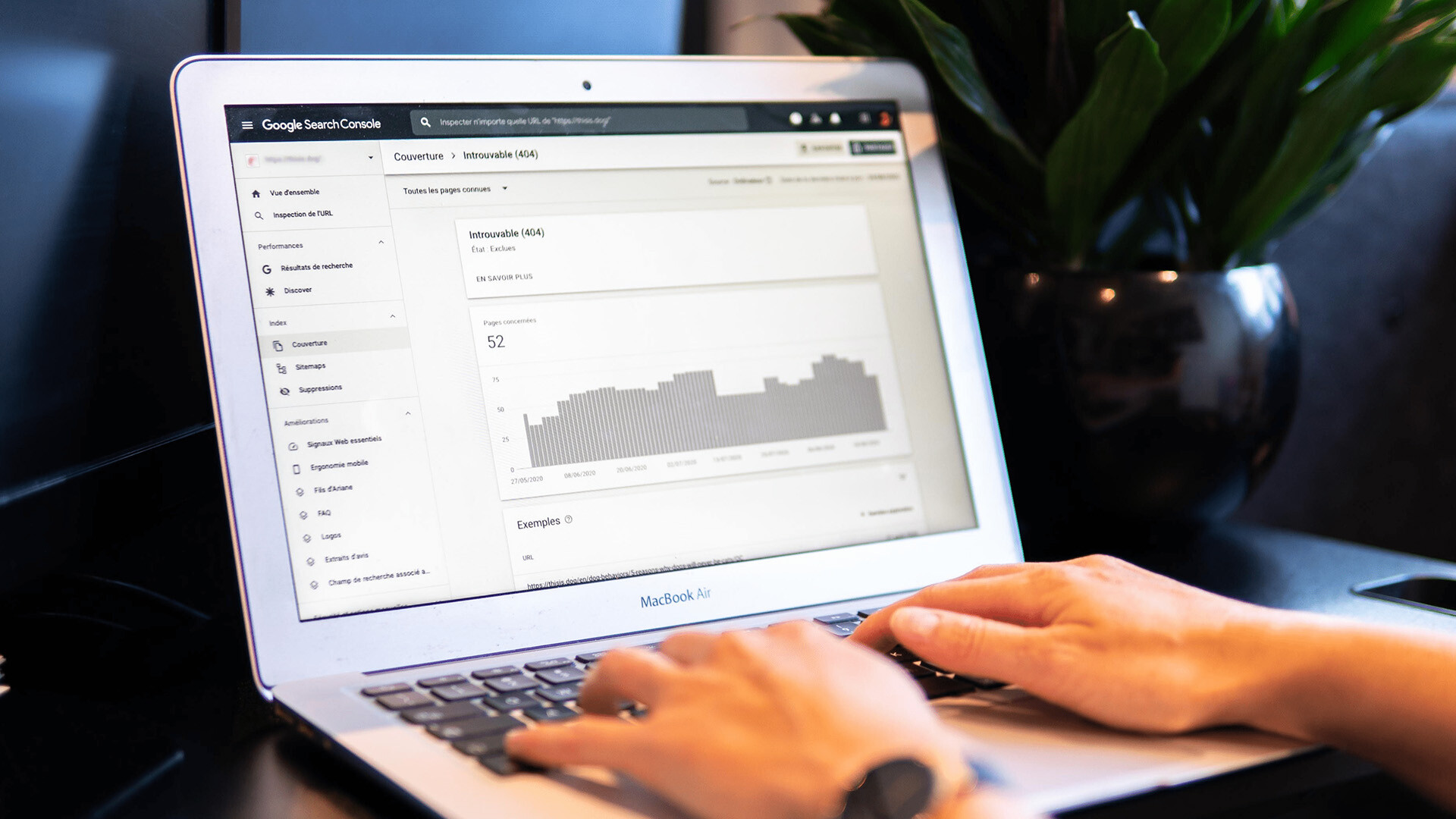Marketing teams use Google Ads and Bing Ads everyday to drive website traffic and increase revenue for their business. It’s critical for online retailers to have (at minimum) a basic understanding of pay-per-click, or PPC, advertising because it’s an optimal tool to leverage when you want a leg up on the competition.
If your marketing team could benefit from a team of PPC experts, we encourage working with an eCommerce agency that understands the differences and benefits of Bing Ads vs Google Ads, optimizes your ad account and maximizes your company’s return on investment.
Bing Ads vs Google Ads
Google Ads are shown on two networks: the Search Network and the Google Display network. The first enables ads to appear on Google’s search results page and the latter shows ads on various websites across the web.
Bing Ads is owned by Microsoft and comprises three search engines: Bing, Yahoo and AOL. This means that when companies advertise on one platform, their ads appear on all three. This presents a huge opportunity for businesses to drive traffic and revenue through multiple channels.
In this blog, we’re covering Bing Ads vs Google Ads to help you gather a greater understanding of each platform and determine which one may help your company sell more of its products or services.
Which Costs More?
Google and Bing Ads both use PPC advertising which enables paying companies to display their ads on search engine results pages when someone on Google or Bing searches for a specific word or phrase. The cost per ad is dependent upon how many people click on the ad in the search results. This is referred to as cost-per-click, which helps businesses determine their advertising budget.
For instance, if your goal is to get 200 clicks per day on your Bing Ad, and every click has a maximum CPC of $0.50, you’d need to multiply these numbers to calculate the potential cost per day, which would be $100.
We typically see that eCommerce merchants are more interested in investing in Google Ads over Bing Ads, the speculation behind this being that they’d get more bang for their buck with Google. However, our strategy team really likes to encourage clients to take the Bing Ads route in addition to Google Ads when investing in eCommerce advertising.
You’re probably wondering, why?
For one thing, Bing Ads has a lower competition and cheaper CPC. Similar to how Google uses the Google Ads auction, Bing uses an automated bidding strategy that helps companies maximize clicks and conversions. This allows Bing Ads users to experience superior ad positions due to less competition (compared to Google Ads) and spend less on CPC over the long haul. With Bing Ads Enhanced CPC bidding strategy, merchants’ bids will increase for searches more likely to convert and decrease for searches less likely to convert. This means that your average CPC is not higher than your bid in the long run.
Targeting Capabilities
When comparing Bing Ads vs Google Ads, both platforms let advertisers filter their ads so that they’re displayed in front of relevant audiences only. Both platforms use ad filters such as network, location and language at the campaign level, so ads reach their targeted audiences. Bing, however, takes this to the next level by allowing for more granular targeting. Modifications are able to be made at the ad group level with Bing - something Google Ads doesn’t offer.
Other targeting capabilities Bing has that Google doesn’t?
- The ability to assign different ad campaigns to different time zones
- The ability to target based on device type and OS
- The ability to add a social media extension to show the number of followers an account has
Bing Ads vs Google Ads: Which Is Right For Your Business?
Determining whether Bing Ads or Google Ads are better for your business depends ultimately upon your end goal. For instance, one of our clients had set a goal to reach a certain amount in annual revenue, and they wanted to reach this goal by attracting new customers and increasing the average value of their customers’ orders. So, we advised them to use both Bing Ads and Google Ads and, ultimately, increased their ad revenue by over 45%.
We truly believe that investing in advertising on both of these platforms helps set businesses up for success in the long run. If you have any questions about eCommerce advertising or would like to speak with a team of certified eCommerce PPC experts, send your questions or concerns to us through the form below.
Happy advertising!

E-BOOK
20 Best Shopify Apps For Your eCommerce Store
Explore tags:
About the author
Subscribe to the Groove Newsletter
Get the latest updates and insights straight to your inbox



